As the new year begins, it’s natural to reflect on our personal and professional growth, setting goals for the year ahead. For health professionals, this can mean re-evaluating approaches, enhancing cultural competence, and adopting new tools to provide more inclusive, informed care. If one of your resolutions is to elevate your impact as a health professional, here are five things you can do to set you on the right path in the coming year.
1. Prioritise your own self-care and wellbeing
It’s important to prevent burnout and model healthy practices by managing your own mental and physical wellbeing. Regularly engaging in self-care activities and setting boundaries can help you to maintain resilience and effectiveness in your role. These services provide support and treatment tailored towards health care professionals.
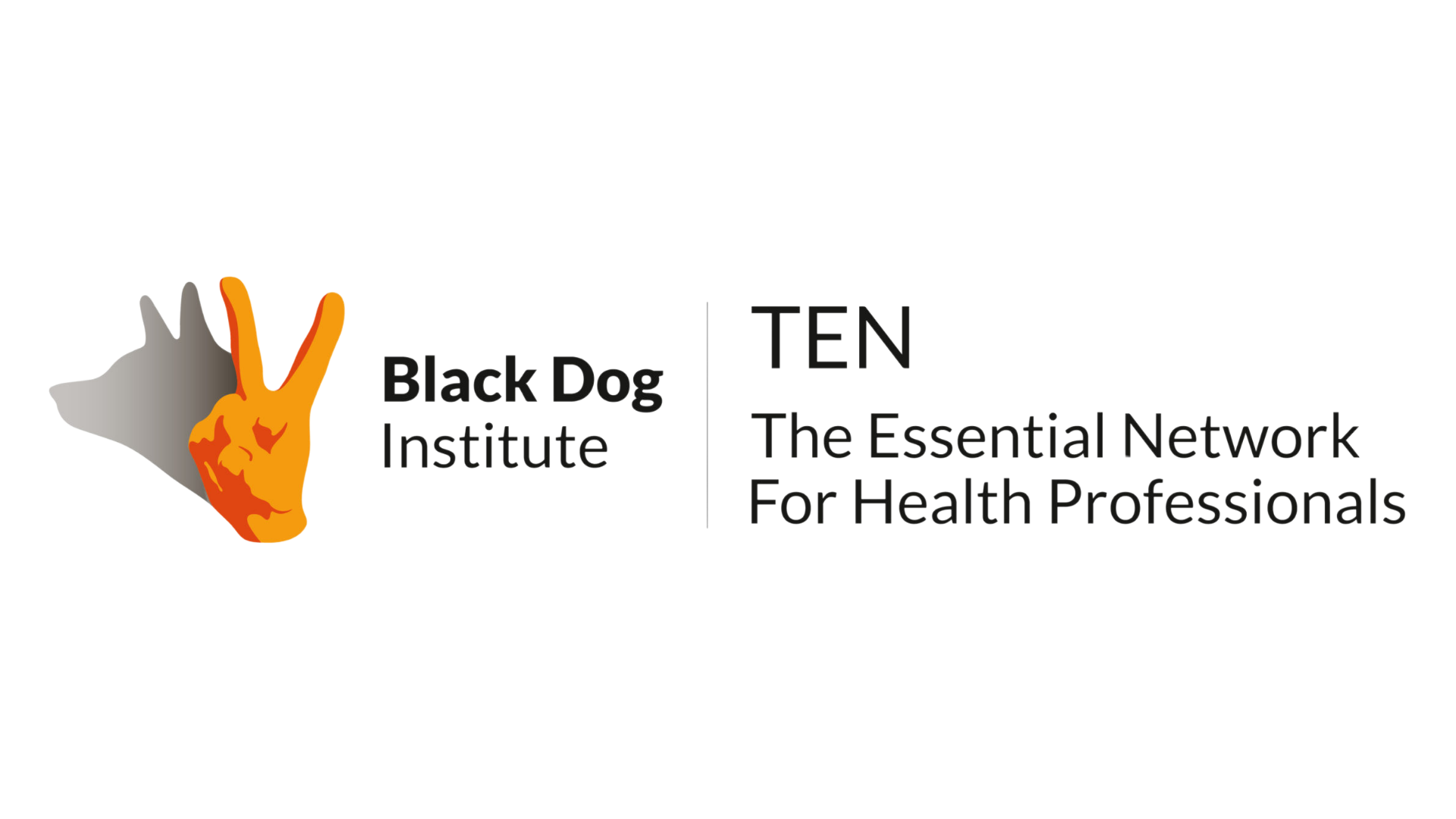
The Essentials Network
https://www.blackdoginstitute.org.au/the-essential-network/
Free online hub helping healthcare practitioners find resources and support to navigate burnout and maintain good mental health. The service includes a self-guided mental health check-up for symptoms of depression (PHQ-9), anxiety (GAD-7), traumatic experiences (PCL-5), burnout (OBI) and functional impairment (WSAS). The program connects health professionals to one-on-one clinical care (up to five telehealth consultations with a practitioner), evidence-based tools such as problem solving, relaxation tools, gratitude journalling, and mood monitoring, and offers links to peer support and other online mental health programs.
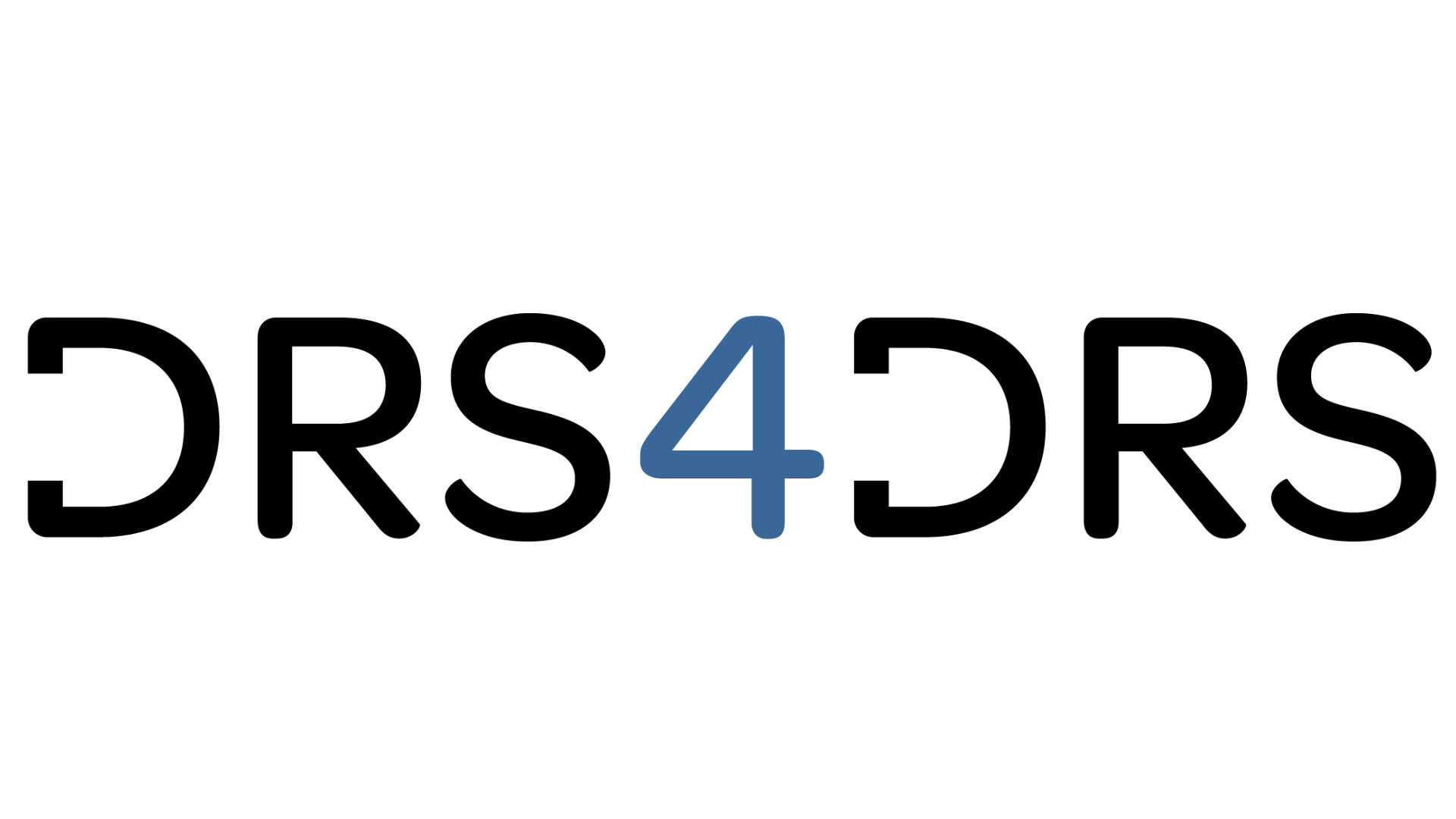
Drs4Drs
1300 374 377 (24/7)
Free, 24/7, confidential, urgent and non-urgent phone counselling and advice for any doctor (including retired doctors), medical student or their partner in Australia who is struggling with their mental health. Can provide up to three one-hour counselling sessions with registered counsellors, social workers and psychologists. Links and phone lines to connect to a confidential health advisory service, staffed by doctors trained in doctor’s health, in each state or territory.
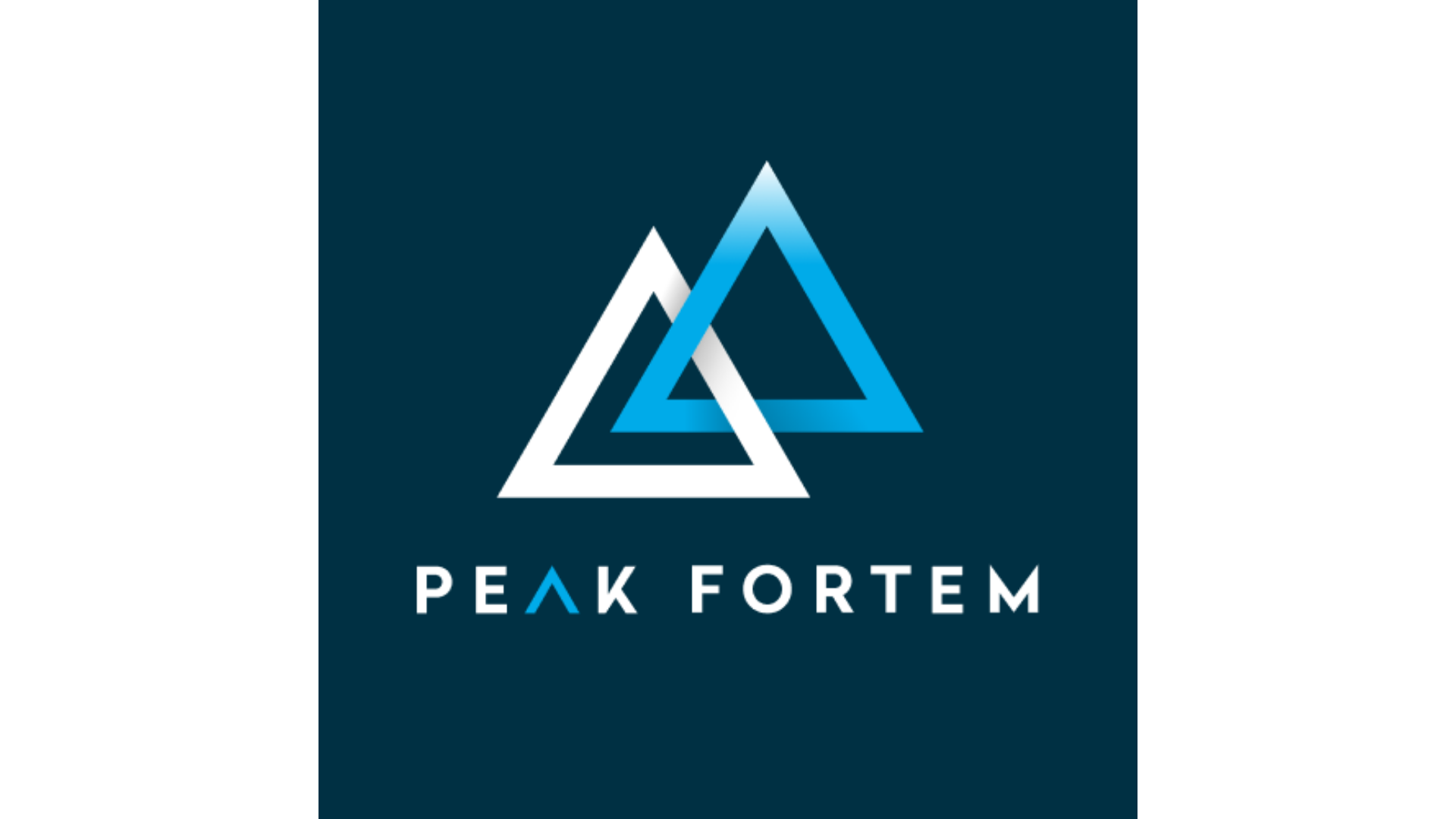
Peak Fortem
https://peakfortem.fortemaustralia.org.au/
A website providing free information and practical tools to promote mental fitness and improve wellbeing for Australian first responders and their families. Resources use concepts from the cognitive behavioural model and the emotional regulation model to help users check in on themselves, challenge thoughts, feelings and actions, and make a change to improve performance.
2. Develop your cultural competence
Building cultural competence can help health professionals to understand and support clients from diverse backgrounds. By recognising and respecting cultural differences, practitioners can improve their communication, empathy, and trust, leading to more effective, inclusive care.

Build your cultural competence – eMHPrac Blog
https://emhprac.org.au/news/build-your-cultural-competence/
This blog delves into the importance of cultural competence in mental health care, highlighting how culture shapes mental health perceptions and coping strategies. It explores the role of digital mental health resources, like multilingual and culturally sensitive services, in providing tailored support for diverse clients.
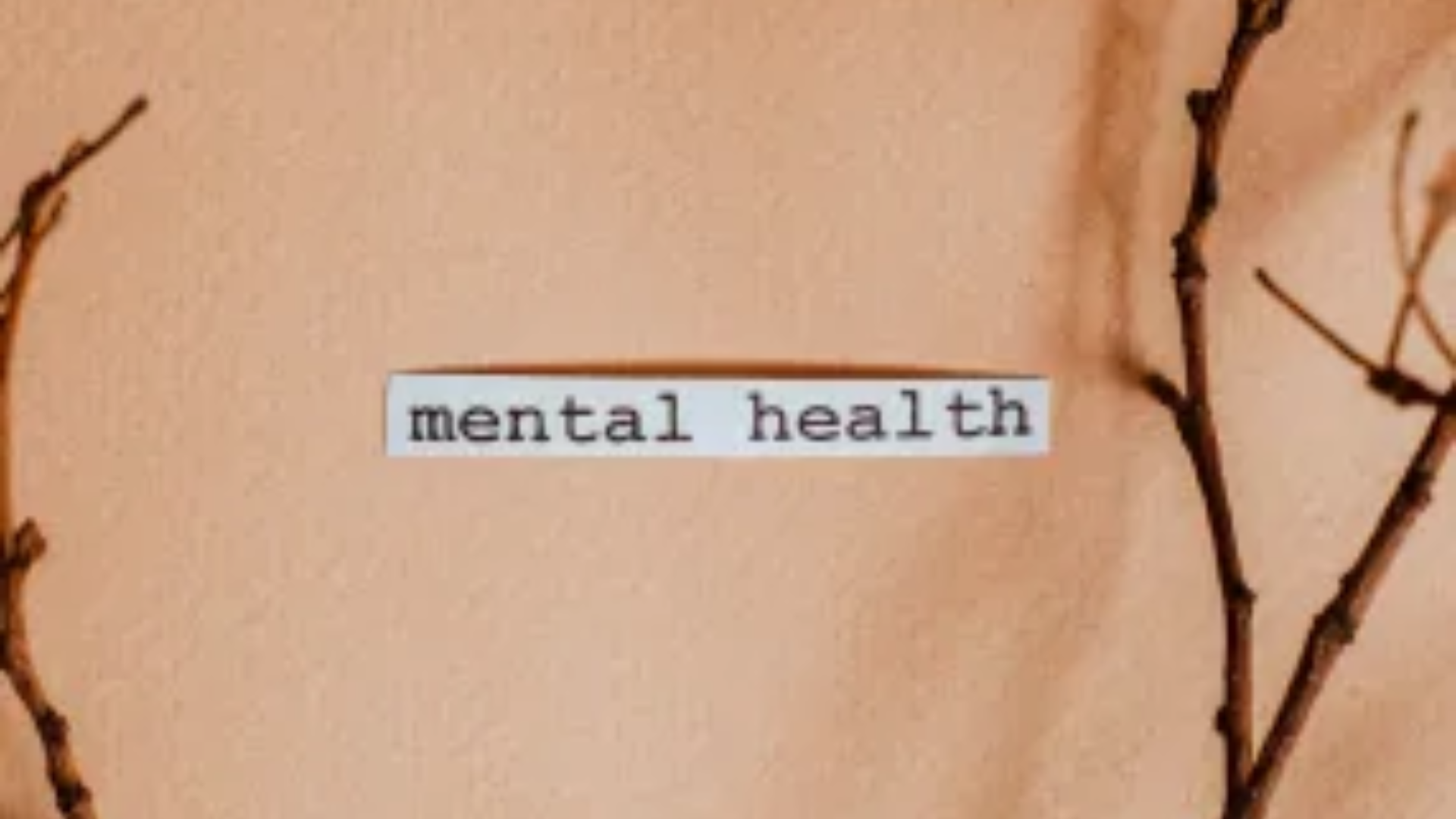
Multicultural Matters – Mental Health Edition Podcast
Podcasts – CMS FM 91.1 (cmsradio.org.au)
A podcast supported by the ACT Office for Mental Health and Wellbeing which delves into the intersections of culture and mental health. Each episode explores the intersections of culture and mental health, featuring insightful interviews with mental health advocates and practitioners, as well as medical professionals.

Global majority: what it means and how we can use language to empower – Emerging Minds Podcast Episode
This podcast explores the concept of the “global majority,” a term that empowers non-white people by challenging traditional power structures and promoting a sense of belonging. Hosts Rosie, Julie, and Nancy discuss the impact of language on cultural identity, exploring the importance of cultural humility, curiosity, and genuine engagement in fostering respect and understanding.
3. Integrate Digital Resources into Your Workflow
If you’ve considered adding more digital resources into your workflow but haven’t taken the leap, the start of a new year is the perfect time to make this shift. Digital mental health (DMH) resources are becoming essential tools in health care, offering accessible, evidence-based support for clients while adding flexibility and variety to your practice. Here are some resources to help with your confidence in using digital mental health.

Assessing the safety and quality of digital mental health apps: A guide for health practitioners – eMHPrac Blog
This blog provides a guide for health practitioners on assessing the safety and quality of digital mental health apps, discussing key criteria like evidence-based approaches, developer credibility, user experience, and data privacy. It also introduces established frameworks and directories to help practitioners confidently select reliable resources to recommend to .
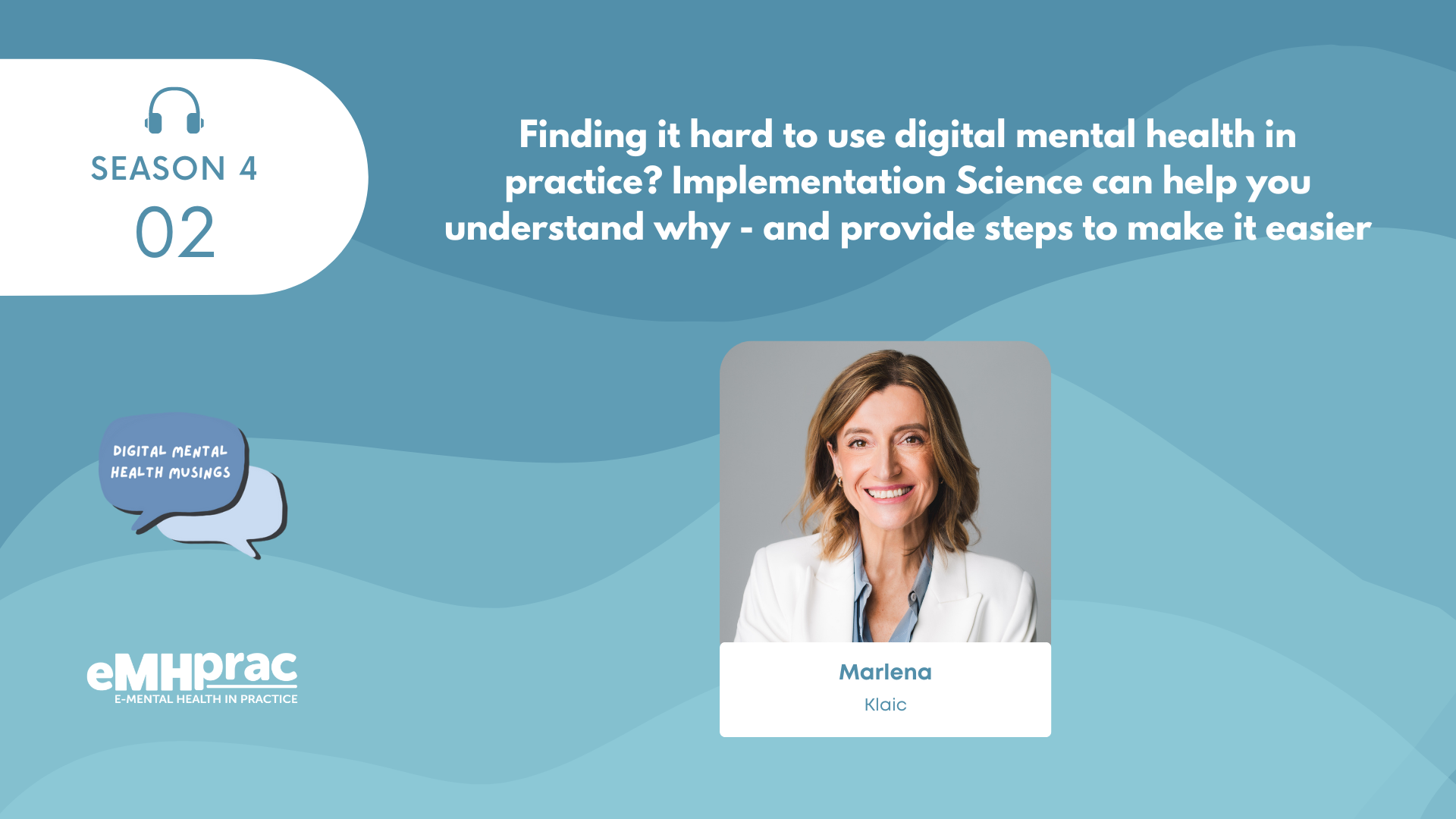
Finding it hard to use digital mental health in practice? Implementation Science can help you understand why – and provide steps to make it easier – eMHPrac Podcast
https://www.emhprac.org.au/resource/s4e2/
This Digital Mental Health Musings episode features Dr. Marlena Klaic discussing how implementation science addresses barriers like time constraints and resource access in adopting digital mental health tools. She shares practical steps to bridge the gap between evidence and practice, making innovation easier for health professionals. If you would like to hear about how practitioners have used digital mental health in practice, check out our On The Ground series episodes with Dr Lyn O’Grady, Diane Cass, and Dr Bianca Cannon.
4. Strengthen your allyship to Aboriginal and Torres Strait Islander communities
An important aspect of becoming a better health professional is understanding and respecting the unique social and emotional wellbeing needs of Aboriginal and Torres Strait Islander communities. Cultural sensitivity and allyship involve understanding the historical impacts of colonization and current health disparities. Here are some resources to build your knowledge and support meaningful allyship:

How to be a Good Ally to First Nations Peoples – Black Dog Institute Webinar
https://www.blackdoginstitute.org.au/education-services/webinars/emhprac/
Many understand Australia’s post-colonization history and its impact on Aboriginal and Torres Strait Islander peoples, but knowing how to act as respectful allies can be challenging. This webinar, led by Dr. Jan Orman and Mim Weber and Angela Sheridan from WellMob, explores practical ways clinicians can support First Nations patients as effective allies.
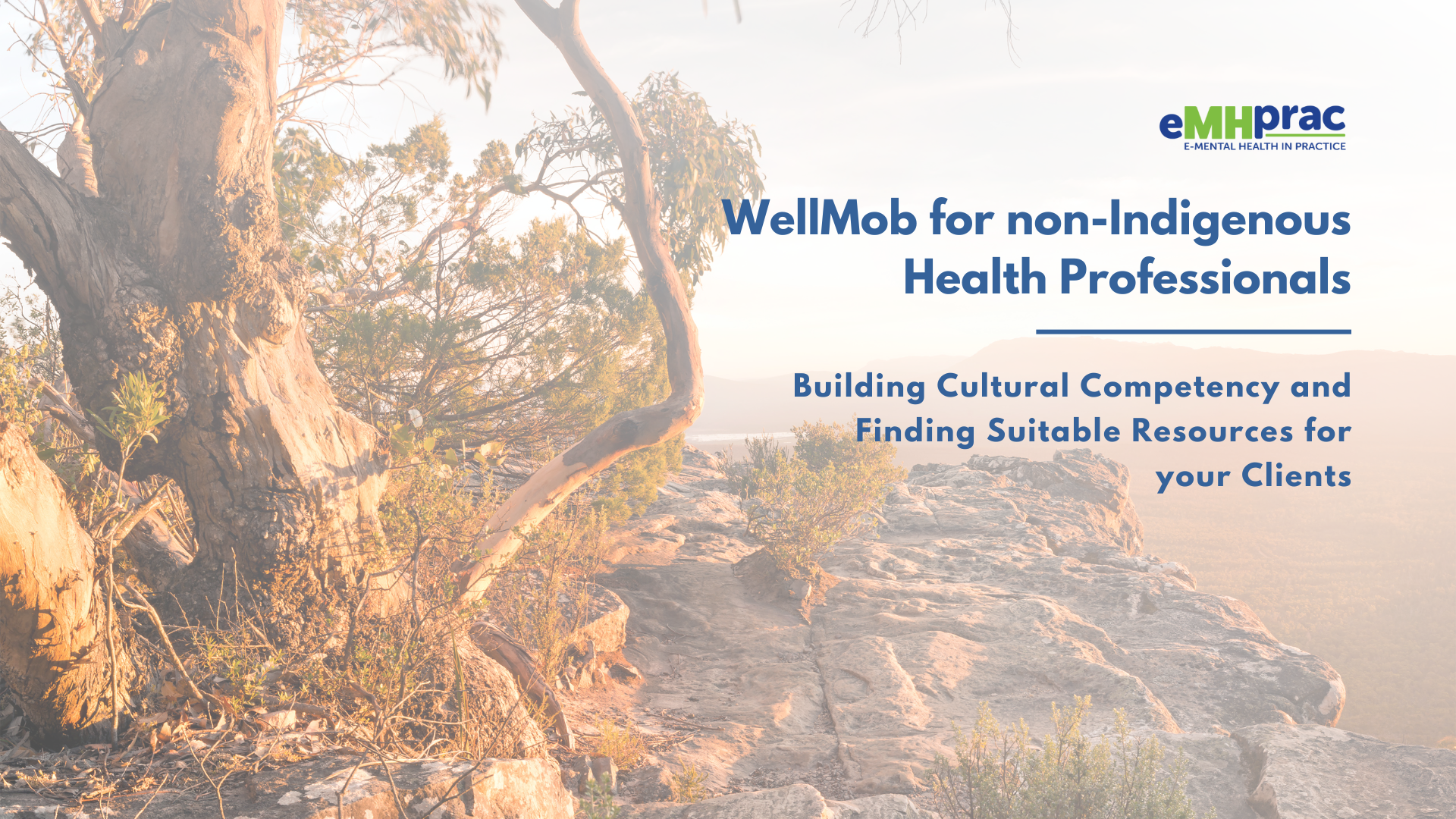
WellMob for non-Indigenous Health Professionals: Building Cultural Competency and Finding Suitable Resources for your Clients – eMHPrac Blog
This blog discusses the importance of cultural competency for health professionals working with First Nations clients, highlighting WellMob as a valuable resource. It links to Wellmob’s training materials on trauma-informed care, resources on social and emotional wellbeing, and practical guides for allyship, equipping practitioners to offer culturally safe and inclusive support.
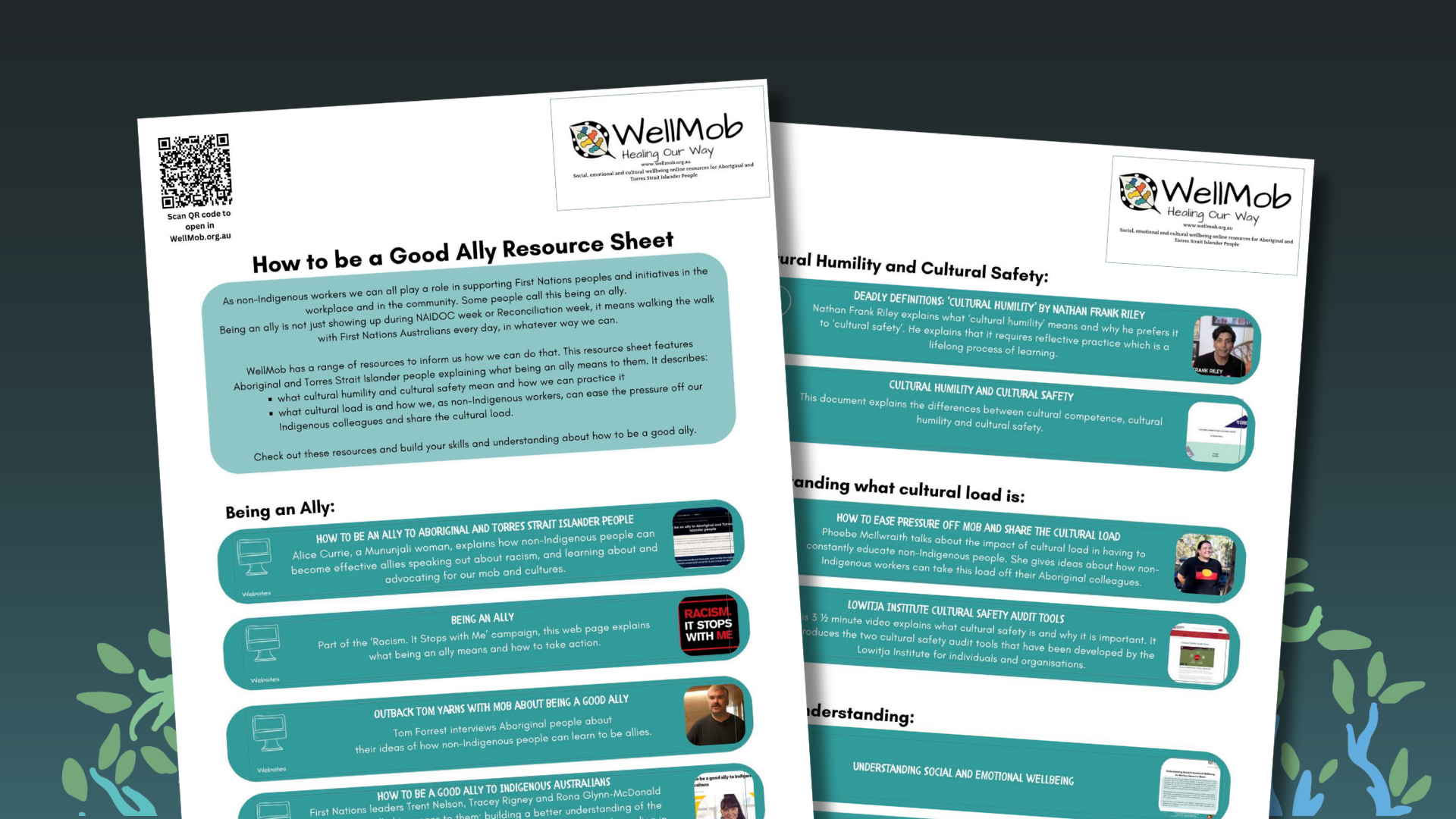
How to be a good ally resources – Wellmob Resource Sheet
This resource sheet for non-Indigenous people links to a range of resources on how to be a good ally to First Nations peoples. These educational resources, most of which share Indigenous perspectives on what allyship means to them, give practical tips and information on topics including: listening to and privileging Indigenous voices and understanding cultural humility, truth telling, self-determination, colonial and cultural load; reflecting on unconscious bias, privilege and power in health settings; and responding to racism, discrimination and inequity in our workplace, families and community.
5. Develop your understanding of neuro-affirming care

Simple Strategies for living well with Adult ADHD – Recorded Black Dog Institute Webinar
https://www.blackdoginstitute.org.au/education-services/webinars/emhprac/
In this podcast, the Black Dog Institute team looked at neuroaffirming strategies that ADHD adults can use to live well with ADHD. Dr Sarah Barker is a clinical psychologist who is interested in approaches to living well with ADHD to increase wellbeing. This webinar was hosted by Dr Jan Orman MBBS MPsychMed. Jan is a Sydney GP with a special interest in mental health and psychological medicine.
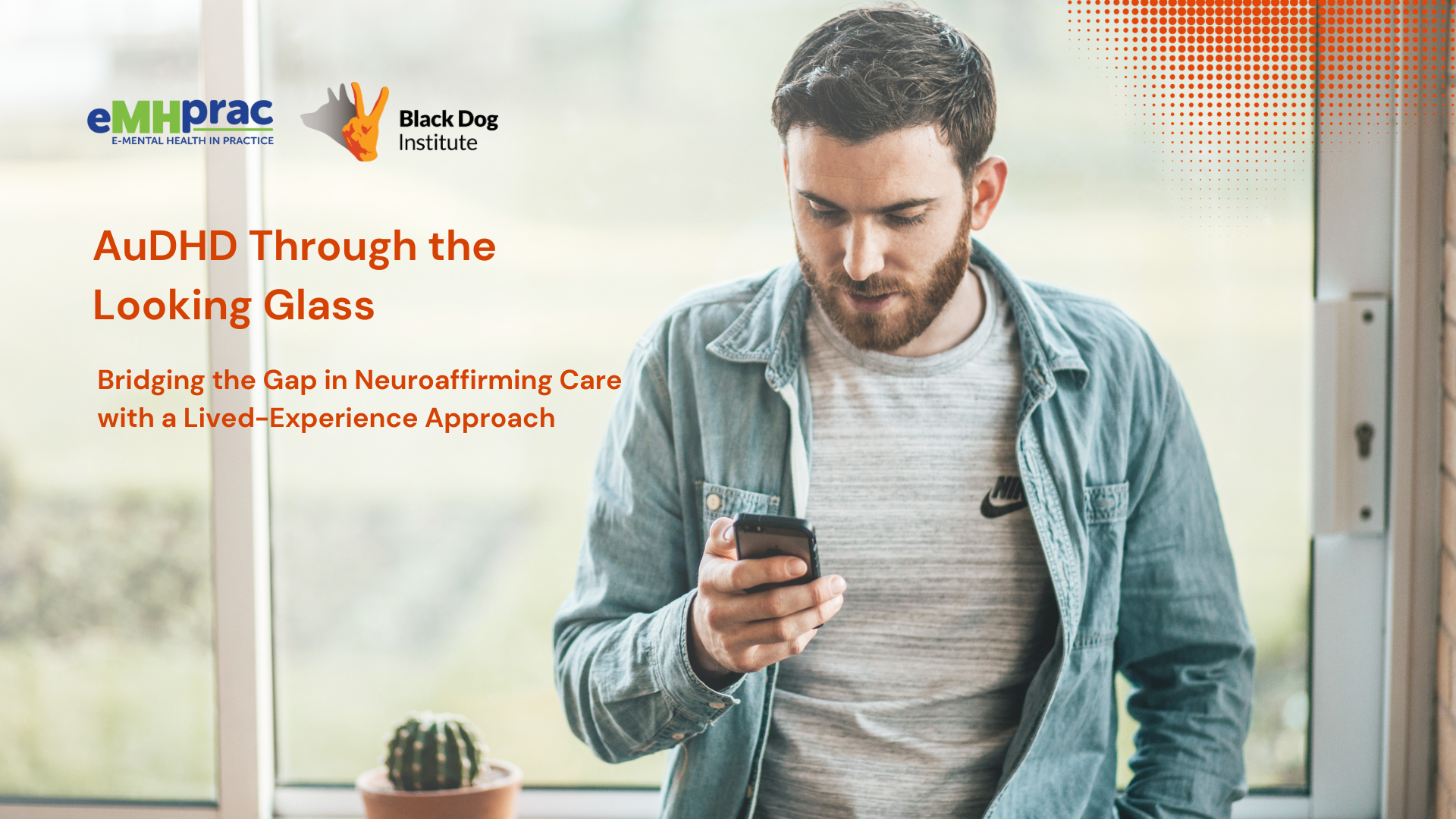
AuDHD Through the Looking Glass: Bridging the Gap in Neuroaffirming Care with a Lived-Experience Approach – Black Dog Institute Being Well Blog
This blog provides a first-hand account of navigating life as a neurodivergent individual with AuDHD, highlighting the importance of neuroaffirming care and systemic changes. It explores how lived-experience frameworks can enhance support for neurodivergent people.
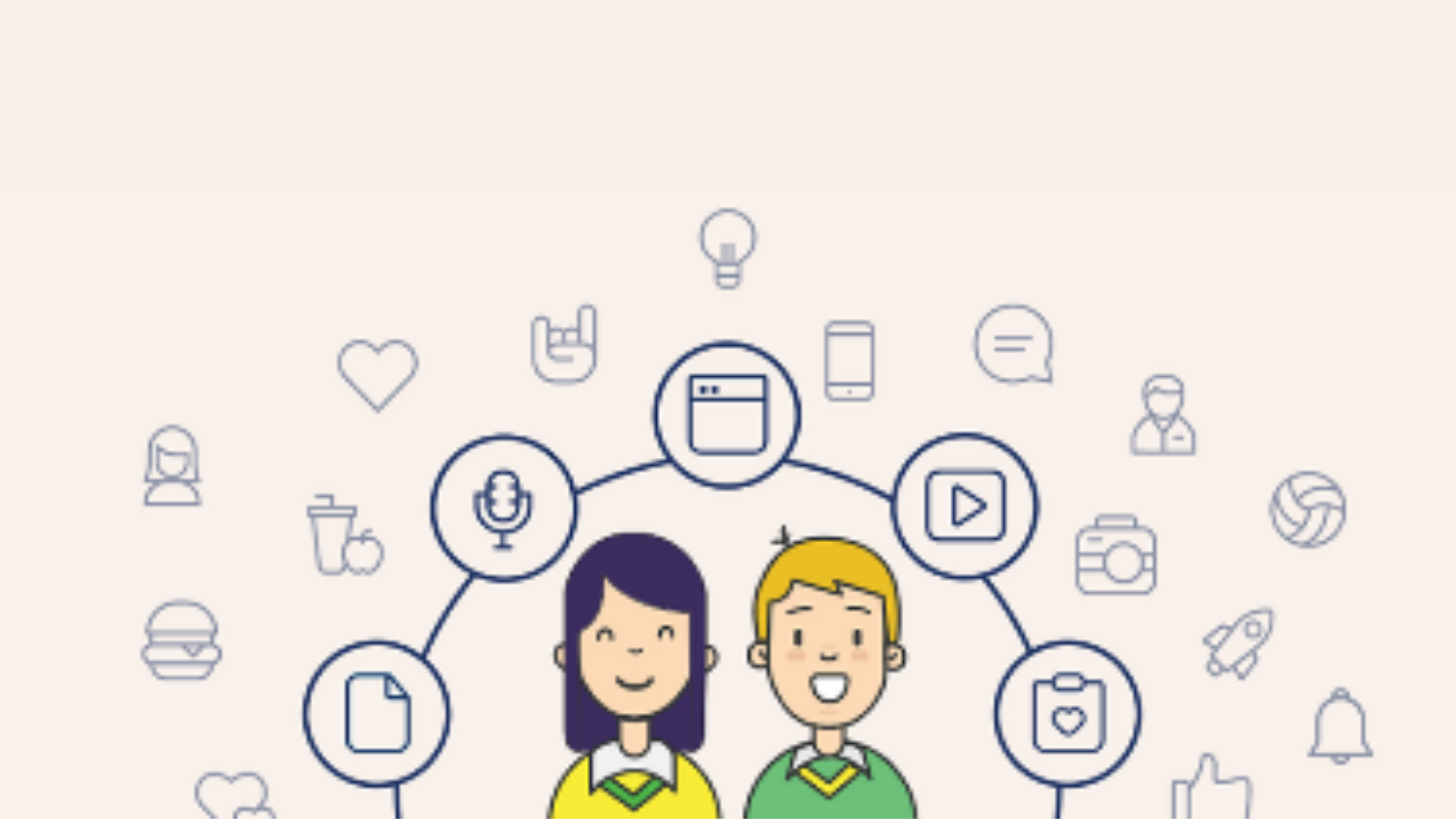
Interoception and self-regulation – Online Course from Student Wellbeing Hub
This is a free online training course on interoception and emotional regulation for professionals working with young people. The course explores key concepts like self-regulation, interoception, neurodiversity, and trauma-informed approaches. Although primarily designed for primary and secondary teachers, its content could benefit anyone in youth-focused .

